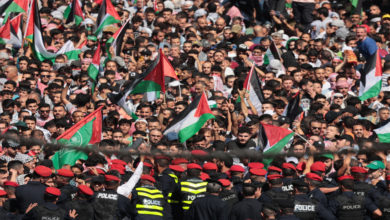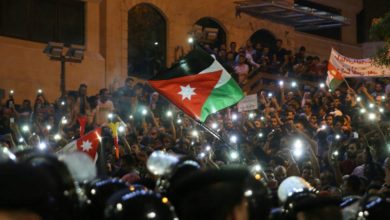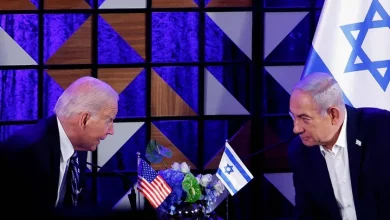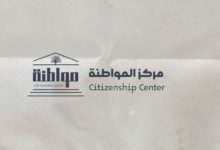The Religious Place as a Political Card
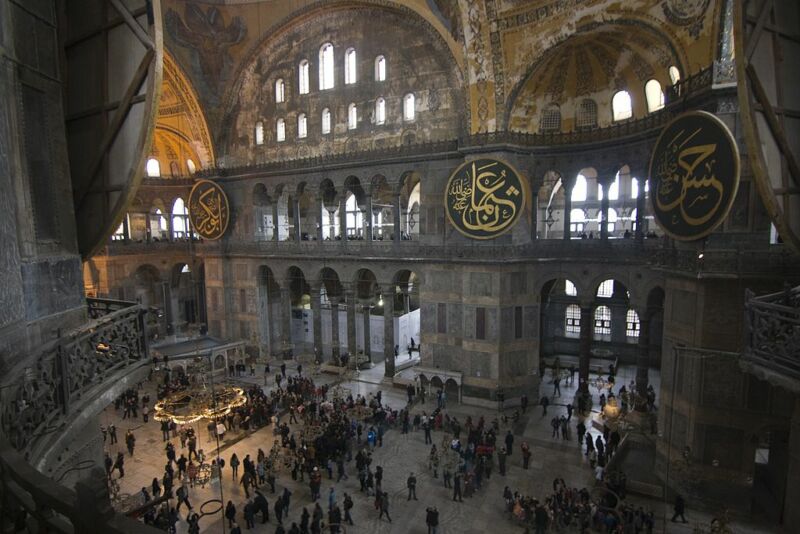
Case analysis
The decision made by Turkey’s president Recep Tayyip Erdogan to convert Hagia Sophia museum into a mosque, has prompted criticism internationally and on the Arab region’s level in particular. The hypothesis I’m trying to prove here is that the conversion decision is made based on political issues not religious ones.
In the beginning, there is important background information that we should be aware of:
Hagia Sophia is a religious place built 100 years before the emergence of Islam. After the transformation of Islam from being only limited to a religion for tribes to a whole country’s religion, with regard to the modern political concept of what a country means, Hagia Sophia was converted from a cathedral to a mosque in the time of the authoritarian preaching spread of the religion. And after the secularization of the country later on, it became a religious historical place that embraced both religions: Islam and Christianity, where a visitor may see a Muslim and a Christian praying inside the museum in two different aisles. This is what I personally saw, to

The Proposal of converting Hagia Sophia into a mosque has always been there in Erdogan’s mind since he was the mayor of Istanbul, however, taking such a decision has political implications that I’m going to explain in the two following points:
Firstly, Erdogan has an expansion scheme in the Arab region as known, and thus struggles to preserve the Arab public perception of him which has been recently distorted because of Erdogan’s sudden alliance to his supporters with Putin who they consider as the patron of civil war in Syria. In their meetings in Sochi, the two sides agreed on a set of agreements, foremost of which, on the one hand, is a new battle of influence in Libya related to political identity, on the other hand The Libyan resources which involve Oil . Accordingly, the Hagia Sophia decision has great importance in terms of timing to restore Erdogan’s self- image to the mindset of Arab Muslim societies.
Secondly, Turkey’s economy relies significantly on the foreign tourism which has been greatly affected by the outbreak of the Corona epidemic. This is another point of justification for the decision based on the timing, in which Erdogan tries to promote Turkey as a tourist destination for Muslims who make up the largest components of tourists since Erdogan’s arrival to power. Observer of the Turkish affairs would recall well how the enemies of Turkey and Erdogan were earlier carrying out terrorist operations to disrupt the tourism movement which, as we said, is one of the most important pillars of the Turkish economy. Last but not least, we notice how the pro-and-opposition media promoted the decision as “converting a church into a mosque” and not “converting a historical religious museum into a mosque” As both sides, which rarely happens, benefit from it by stirring controversy over the issue to achieve their popularity gains; as a result, disharmony and religious hatred would remain after the scene ends.
Written by Abdullah AL-Jbour, writer and researcher, founder and CEO of the Citizenship Center in Jordan, his research interests are directed and dedicated to youth issues and Democratic Transformation in addition to the psychology of extremism.
